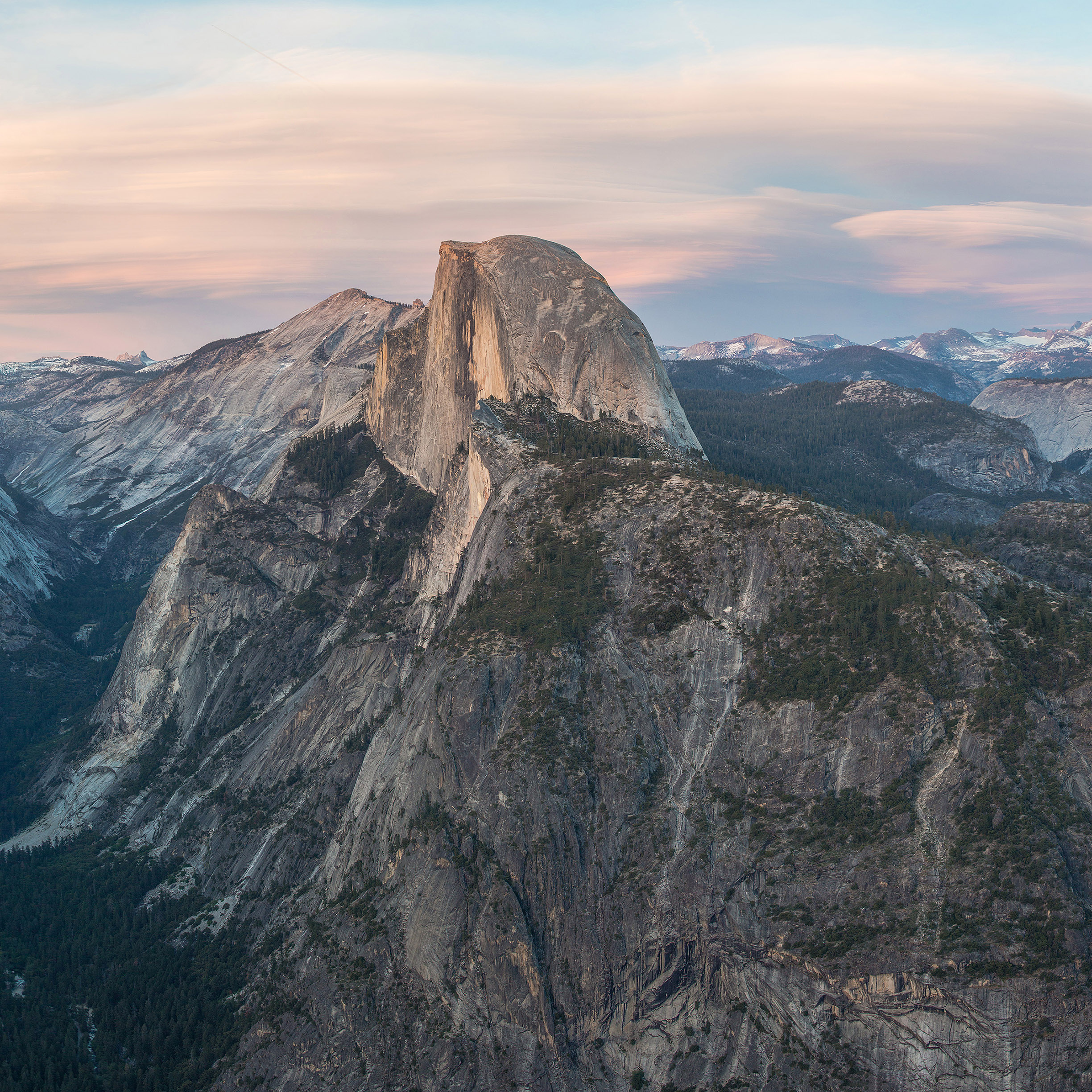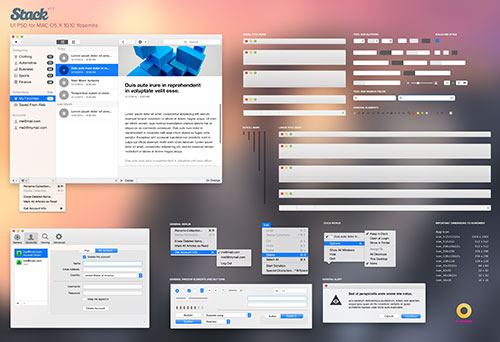

- #IMAGEJ FOR MAC YOSEMITE MAC OS#
- #IMAGEJ FOR MAC YOSEMITE UPGRADE#
- #IMAGEJ FOR MAC YOSEMITE PRO#
- #IMAGEJ FOR MAC YOSEMITE WINDOWS#
#IMAGEJ FOR MAC YOSEMITE MAC OS#
(The normal Mac OS install also works fine in Rosetta, but is markedly slower.) I have Azul 11, but native OpenJDK is also available via homebrew, and use of the "No JRE" Fiji. So for Fiji/imagej the key is native JRE. … I've started a image.sc thread regarding getting things to work smoothly *native* rather than in Rosetta emulation.Įverything works when architectures are matched, so everything emulated or everything native.
#IMAGEJ FOR MAC YOSEMITE PRO#
I've been using Fiji on an Apple Silicon M1 (arm64) MacBook Pro (Big Sur 11.4) Non-fat file: libclij2fft.dylib is architecture: arm64 Ld: warning: directory not found for option '-L/Users/haase/code/ops-experiments/ops-experiments-opencl/native'īut I'm not sure what I need to do next? I don't have a libjniclij2fftWrapper.dylibĮdit: I think it did work? The dylib does seem to be arm64 anyways. Linking CXX shared library libclij2fft.dylib Build files have been written to: /Users/piotrsobolewski/Dev/clij2-fft/native/clij2fft/cppbuild Then in 'clij2-fft/native' I ran which seemed to succeed: (I ran into an not obvious snag with a comment line, but got it resolved). Then I edited the second cppbuild.sh to replace the hard path to the path where clFFT is installed by homebrew (/opt/homebrew/opt/clfft/lib). I edited clij-fft/cppbuild.sh to account for arm64-to be consistent with cmake env variables. I really don't understand the structure with the two different cppbuild.sh.Īnyhow, I installed clFFT native arm64 for Big Sur from homebrew. I made a fork () and took a look at the scripts. So I thought instead of doing real work, I would try to contribute here and build it, as I had once done for JOCL.

Applications/Fiji.app/lib/macosx/libjniclij2fftWrapper.dylib: mach-o, but wrong architecture `: : /Applications/Fiji.app/lib/macosx/libjniclij2fftWrapper.dylib: dlopen(/Applications/Fiji.app/lib/macosx/libjniclij2fftWrapper.dylib, 1): no suitable image found. Predictably, it failed to architecture mismatch:

(There are also various ways to disable App Nap on your machine, but we have not had much success with them. Leave ImageJ in the foreground while it is processing to avoid this issue. On recent versions of OS X-10.9 "Mavericks" and later-there is an "App Nap" feature which dramatically slows down applications that are not in the foreground. Make sure you are using the latest version of Java 8, as well as the latest version of ImageJ.
#IMAGEJ FOR MAC YOSEMITE WINDOWS#
There is a bug in Java 8 on MacOS which causes the application to drastically slow down as many windows are opened and closed over time.
#IMAGEJ FOR MAC YOSEMITE UPGRADE#
You should either upgrade to the latest version of Java 8, or revert to Java 6 (see "Frequently Asked Questions" below). On OS X, older versions of Java 8 (prior to 1.8.0_45)-as well as all versions of Java 7 (including 1.7.0_80)-are extremely slow at displaying images. There are several reasons ImageJ can run slowly on macOS. ImageJ becomes very slow after running for a while See also the Java 8 page for OS-X-specific issues. 2.2 No title bar in file chooser dialogs.2.1 ImageJ becomes very slow after running for a while.


 0 kommentar(er)
0 kommentar(er)
